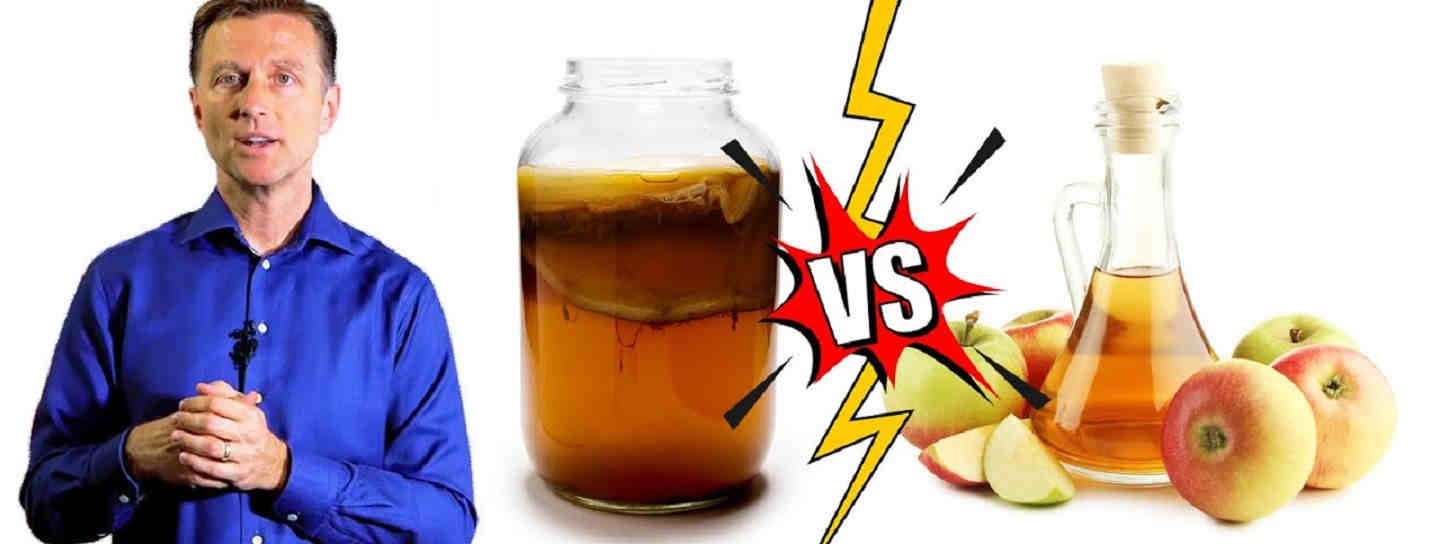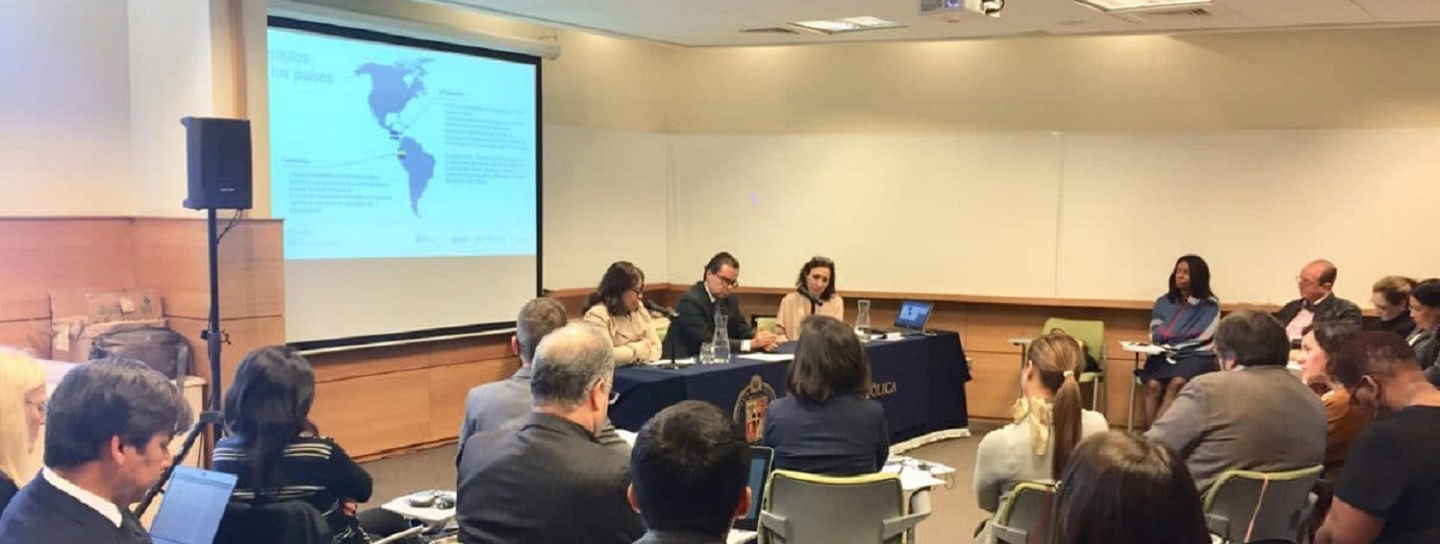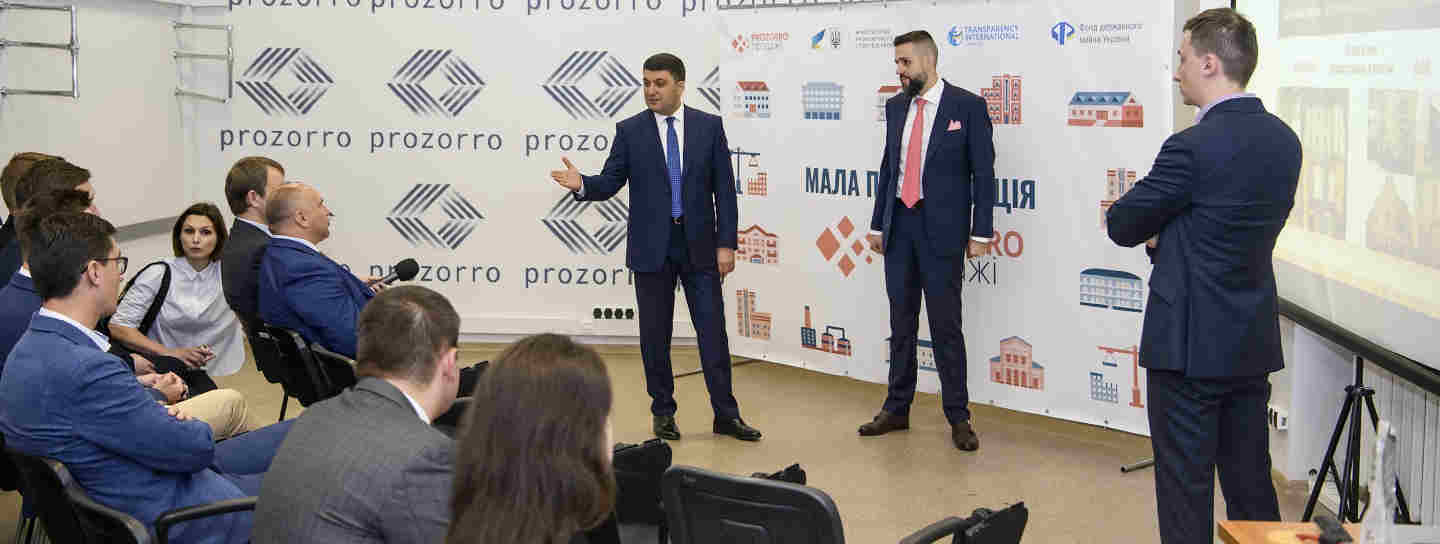We know the health benefits of drinking fermented probiotics drinks like kombucha. But are there any benefits to consuming kombucha vinegar? Raw unpasteurised apple cider vinegar (ACV) has been used as a health tonic & natural preservative for hundreds of years – can we get the same benefits from a kombucha vinegar?
Kombucha vinegar is simply kombucha which has fermented twice the amount of time & turned sour. So it’s very easy to make – particularly if you forget about your ‘buch culture sometimes! Just make your kombucha as you normally would with a SCOBY (symbiotic culture of bacteria and yeasts) black or green tea & sugar. Allow the culture to consume all the sugar & ferment for up to 60 days. (Tip: If you’re just starting out making your own kombucha & find that your kombucha is too sour for your taste just keep fermenting to make your own vinegar!).










